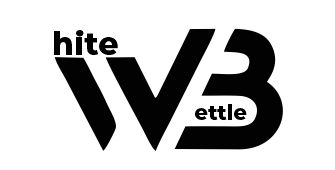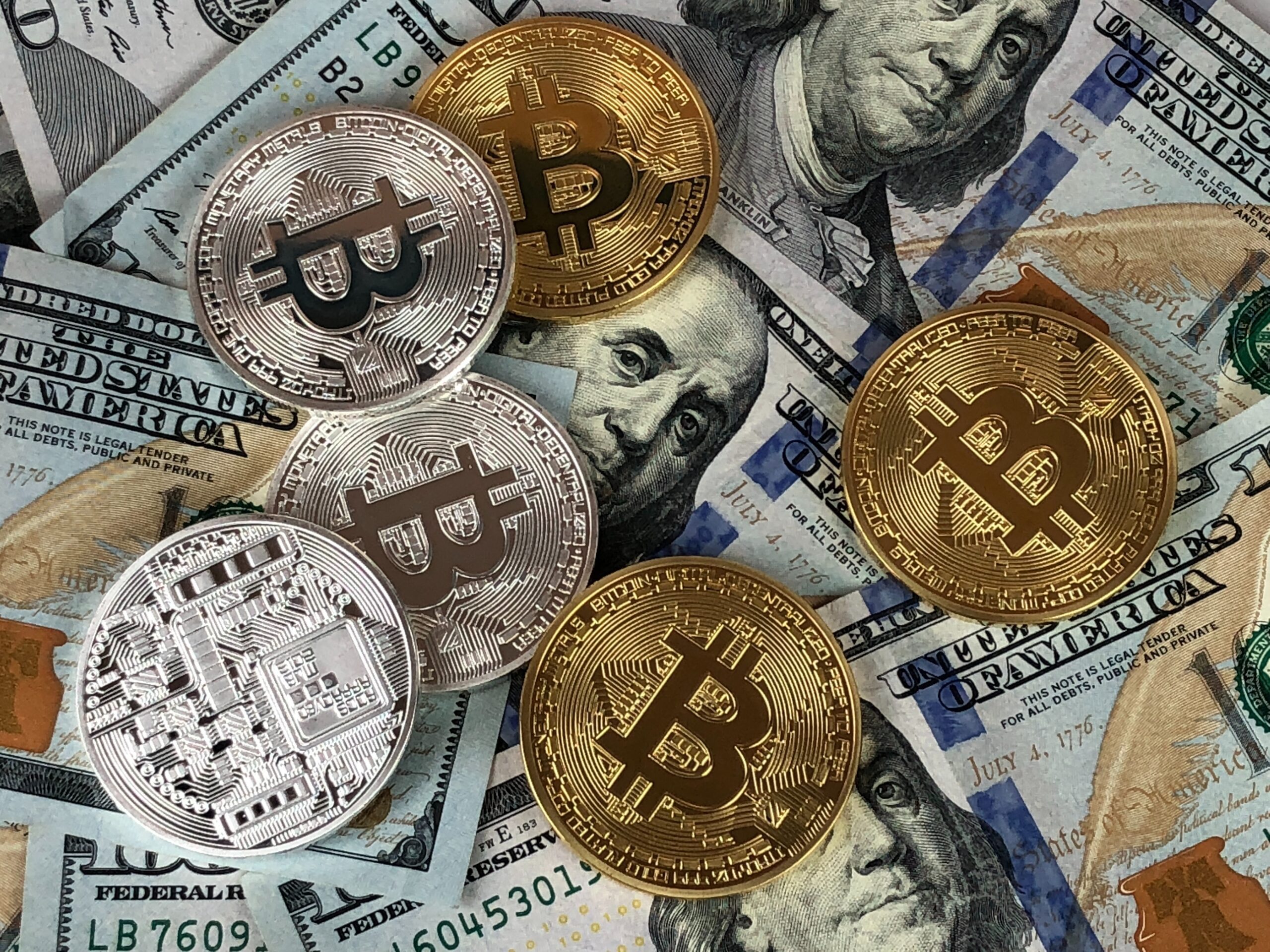NEWS
The CBN Gives Banks A 24-Hour Deadline To Sell Any Excess Dollars.
Published
1 year agoon


According to a recent circular, the Central Bank of Nigeria (CBN) has ordered Deposit Money Banks to liquidate their surplus dollar stock by February 1, 2024, at the latest, in an effort to stabilize the country’s unstable currency rate. The mandate focuses on these institutions’ surplus dollar liquidity holdings, which exceeds $5 billion.

})(jQuery);
In the circular that was made public on Wednesday, the CBN cautioned lenders against accumulating surplus foreign exchange for financial advantage. The central bank is of the opinion that certain commercial banks maintain long-term foreign exchange positions in order to take advantage of the erratic fluctuations in exchange prices. Guidelines to lessen the hazards connected to these behaviors are introduced in the new circular.

In the circular titled “Harmonization of Reporting Requirements on Foreign Currency Exposures of Banks,” significant foreign currency positions held by banks are becoming more common, which is cause for concern.
#This comes after the CBN issued a previous circular just 48 hours prior, which among other things warned banks and foreign exchange traders not to report fictitious exchange rates.
The direction from the CBN is also in line with recent modifications made to the formula that the FMDQ Exchange uses to determine the official exchange rate of the country.

This new circular’s main takeaway is that banks shouldn’t keep excess dollar liquidity around without a specific goal in mind. The CBN seeks to guarantee that every foreign currency held by banks is linked to a particular, verifiable transaction or commitment.
This action is perceived as a reaction to the habit of banks profiting from hoarding surplus dollar liquidity without a specific intention. The CBN intends to boost liquidity, stable the currency rate, and draw in foreign investors by forcing the sale of these extra dollars.
You may like


Banking Is Involved In 70% of Financial Crimes In Nigeria


Nigerian Government To Start Distributing Of Grains To All States


Trader Arrested For Repackaging Local Rice Into Foreign Rice Bags To Make Excess Profits


Abuja Ware House Destroyed, Food Items Taken Away By Hungry Nigerian


Why Many Nigerian Women Won’t Get Married


Nigerian Scientist Creates An AI Tool That Is Capable Of detecting Terrorists






























